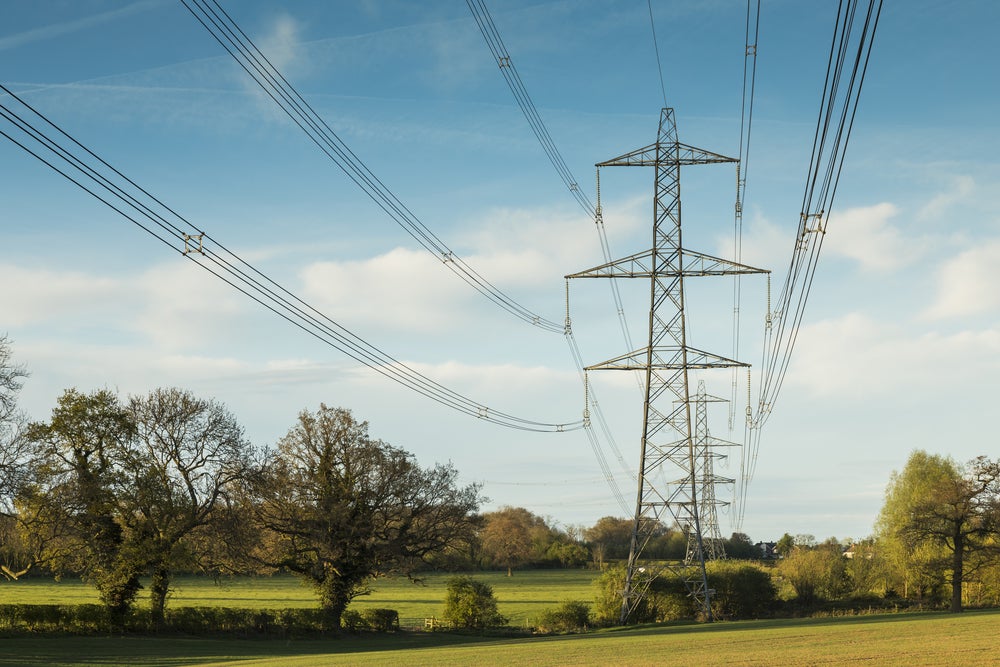
The speed of delivery of the UK’s new strategic electricity transmission lines can be cut in half to around seven years, helping the country achieve its net-zero ambitions, according to an independent report by the Electricity Networks Commissioner, Nick Winser.
Although the UK has rapidly developed renewables projects in recent decades, this has not been matched by investment in the country’s electricity transmission networks. The resulting queue to connect to the grid has become heavily backlogged, with more than 230GW of generation waiting, compared with the 80GW of generation currently connected.

Discover B2B Marketing That Performs
Combine business intelligence and editorial excellence to reach engaged professionals across 36 leading media platforms.
It currently takes 12–14 years to build new electricity transmission, from identification of need to commissioning, found Winser, the former National Grid UK CEO and current Energy Systems Catapult chair. Large wind farms, on the other hand, are constructed in half this time.
Today, clean energy developers are receiving connection offers for the 2030s, demonstrating the UK’s clean energy transition. The “annual constraint costs” paid to electricity generators to switch off when supply outstrips demand could rise from around £0.5–1bn ($0.63–1.27bn) per year in 2022 to a peak of £2–4bn per year around 2030, if all current investment is delivered on time. However, with few transmission lines built in the past 30 years and the net-zero transition requiring vast amounts of new lines before 2050, the UK could fail to meet even these long timescales if the process is not streamlined, stated Winser.
An accompanying report by the non-profit Energy Systems Catapult finds that the delivery time for new strategic transmission lines can be reduced to around seven years. The Electricity Networks Commissioner report lays out 18 recommendations – including streamlining planning, expediting regulatory approval, fostering greater community buy-in and filling the engineering skills gap – to achieve that ambition.
“Delivering 50GW of new wind power and 24GW of new nuclear will be a major step towards decarbonising our economy and providing customers with clean, secure, affordable electricity, but that magnificent achievement will be wasted if we cannot get the power to homes and businesses,” said Winser in a press statement.

US Tariffs are shifting - will you react or anticipate?
Don’t let policy changes catch you off guard. Stay proactive with real-time data and expert analysis.
By GlobalData“The implications of being able to build wind generation faster than the associated connections to customers will be serious: very high congestion costs for customers, and clean, cheap domestic energy generation standing idle, potentially for years.
“So, the challenge to me, set by the Secretary of State at the time, to reduce the timescale for building strategic transmission by three years, and ultimately by a half is the right one. I believe that we must hit the more ambitious end of this and reduce the overall timescale to seven years.
“I am confident that this is achievable as long as we streamline the process as proposed in the report; and take a transparent, respectful and efficient approach when engaging with people and communities about the impact.”





